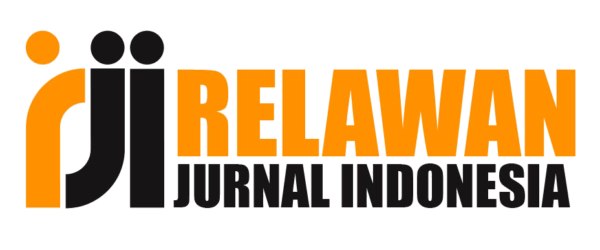KAJIAN KUALITAS ELEMEN KOTA BERWAWASAN EKOLOGI DI KAWASAN EKONOMI KHUSUS LIKUPANG
Abstract
Tourism in Indonesia is one of the driving forces of the regional economy and as a means of assistance to the community in reducing unemployment rates. Kawasan Ekonomi Khusus (KEK) are one of the government's efforts to encourage the development of tourism areas in terms of investment, increasing exports and creating jobs for local communities. The Likupang KEK is the only KEK in North Sulawesi Province that was ratified through Presidential Decree No. 16 of 2020. The formation of KEKs can cause several problems such as the determination of policies that are not fully based on appropriate legal and regulatory foundations, environmental changes and security issues influenced by the development of tourism and the entry of outsiders into the area, changes in building functions, shifts in cultural values, increasing environmental damage, and impacts on community behavior patterns. This phenomenon is the basis for this study to identify the quality of the architectural elements that form the city space in the Likupang KEK and what elements can be optimized as one of the strategies for developing sustainable tourism villages. This study uses a qualitative method to describe the elements that form the city space in the Likupang KEK through observation, interviews and literature reviews. The results of this study indicate that the identification of the quality of elements forming urban space in the Likupang Special Economic Zone is quite adequate in terms of ecology, but still requires optimization so that the quality of elements forming urban space is maximized as one of the strategies for developing sustainable tourism villages.
Keywords: Elements of Urban Design, Environmentally Friendly City, KEK Likupang, Tourism Village
Keywords
Full Text:
PDFReferences
Abdussamad., H. Zuhri. (2021). Metode Penelitian Kualitatif. Syakir Media Press
A.S, Keraf. (2002). Etika Lingkungan. Jakarta: Buku Kompas
Estriani, Heavy, Nala. (2019). Kawasan Ekonomi Khusus (KEK) Mandalika Dalam Implementasi Konsep Pariwisata Berbasis Ecotourism: Peluang dan Tantangan. MANDALA: Jurnal Hubungan Internasional Vol. 2 Nomor 1 pp 64-79.
Firmansyah, Ade. (2021). Analisis Deskriptif Potensi Pariwisata di Desa Sekitar Kawasan Ekonomi Khusus (KEK) Likupang. UGM: Jurnal Pariwisata Terapan, Vol. 5, No. 2 2021. pp. 160-173
Frick, Heinz. (1997). Dasar - Dasar Eko-Arsitektur. Yogyakarta: Kanisius.
Gun, Clare. A (2002). Tourism Planning. Basics, Concepts, Cases. New York: Routledge
Krier, Rob. (1979). Urban Space. USA: Rizzoli International Publications.
Muslim, A., Azis. (2018). Konsep Arsitektur Ekologi Pada Penataan Kawasan Wisata Candi Cangkuang di Garut, Jawa Barat. Jurnal Arsitektur PURWARUPA Vol 2 No 2 September 2018.
Peraturan Pemerintah Nomor 1 Tahun 2020 Tentang Penyelenggaraan Kawasan Ekonomi Khusus.
Peraturan Pemerintah Republik Indonesia Nomor 50 Tahun 2011 Tentang Rencana INduk Pembangunan Kepariwisatan Nasional Tahun 2010-2025.
Spreiregen. D, Paul. (1965). The Architecture of Towns and Cities. United States: Mc. Graw-Hill Book.
Rahardjo, A. (2002). Menaksir Nilai Ekonomi Taman wisata Tawangmangu: Aplikasi Individual Travel Cost Method. UGM: Manusia dan Lingkungan Vol. IX No. 2 Juli 2002 pp.79-88
Shirvani, Hamid. (1985). The Urban Design Process. New York: Van Nostrand Reinhold Company.
Yang, B., Xu, T., & Shi, L. (2016). Analysis on Sustainable Urban Development Levels and Trends in China's Cities. Journal of Cleaner Production, 141 (19 September 2016, pp. 868-880)
DOI: https://doi.org/10.37905/jjoa.v6i2.27686
Refbacks
- There are currently no refbacks.
Copyright (c) 2024 Frits Ontang Poedjianto Siregar, Judy Obet Waani, Raymond Deyven Christma Tarore, Esli Devis Takumansang

This work is licensed under a Creative Commons Attribution-ShareAlike 4.0 International License.
ISSN CETAK: 2654-5896

This work is licensed under a Creative Commons Attribution-ShareAlike 4.0 International License.





